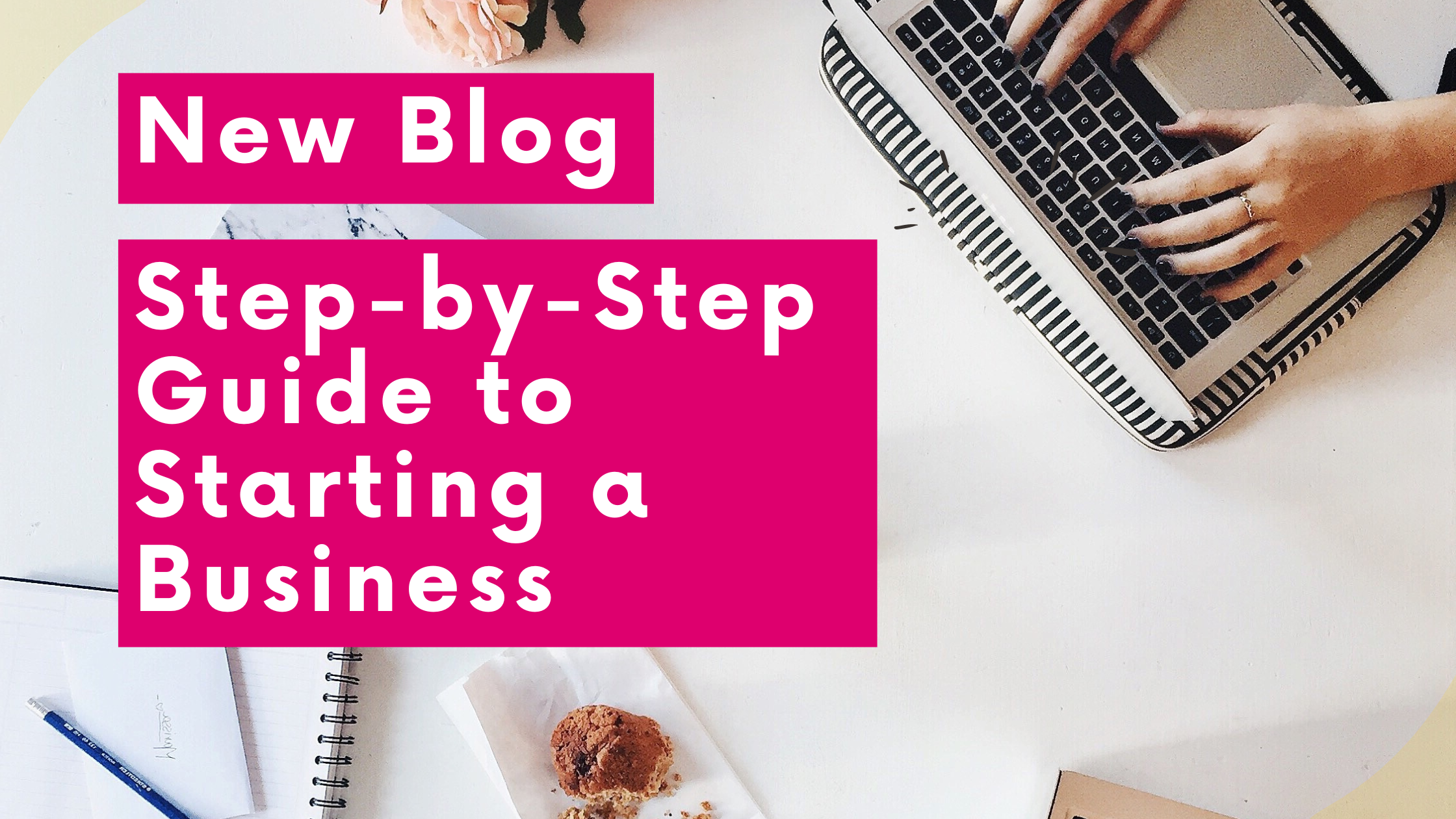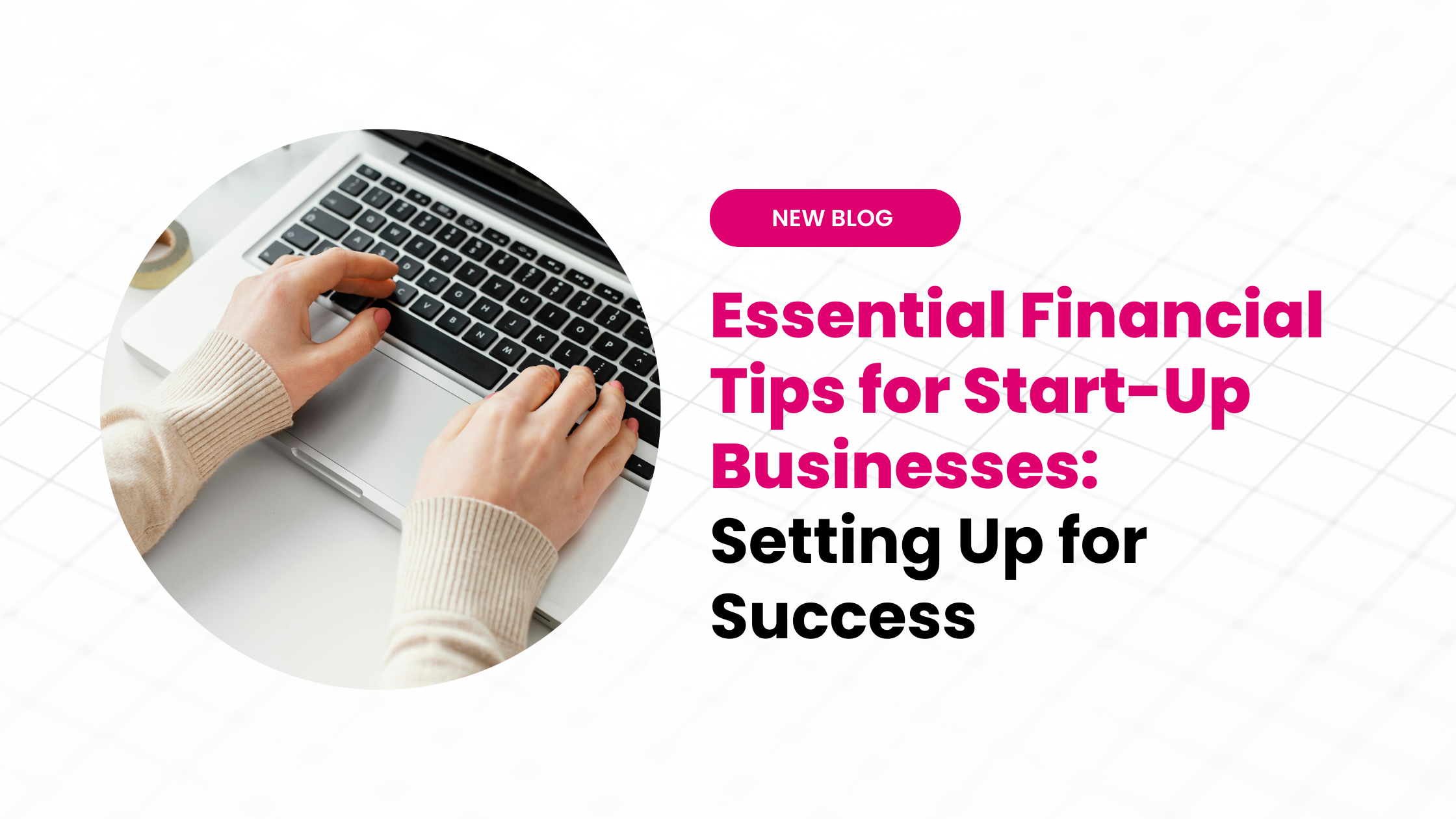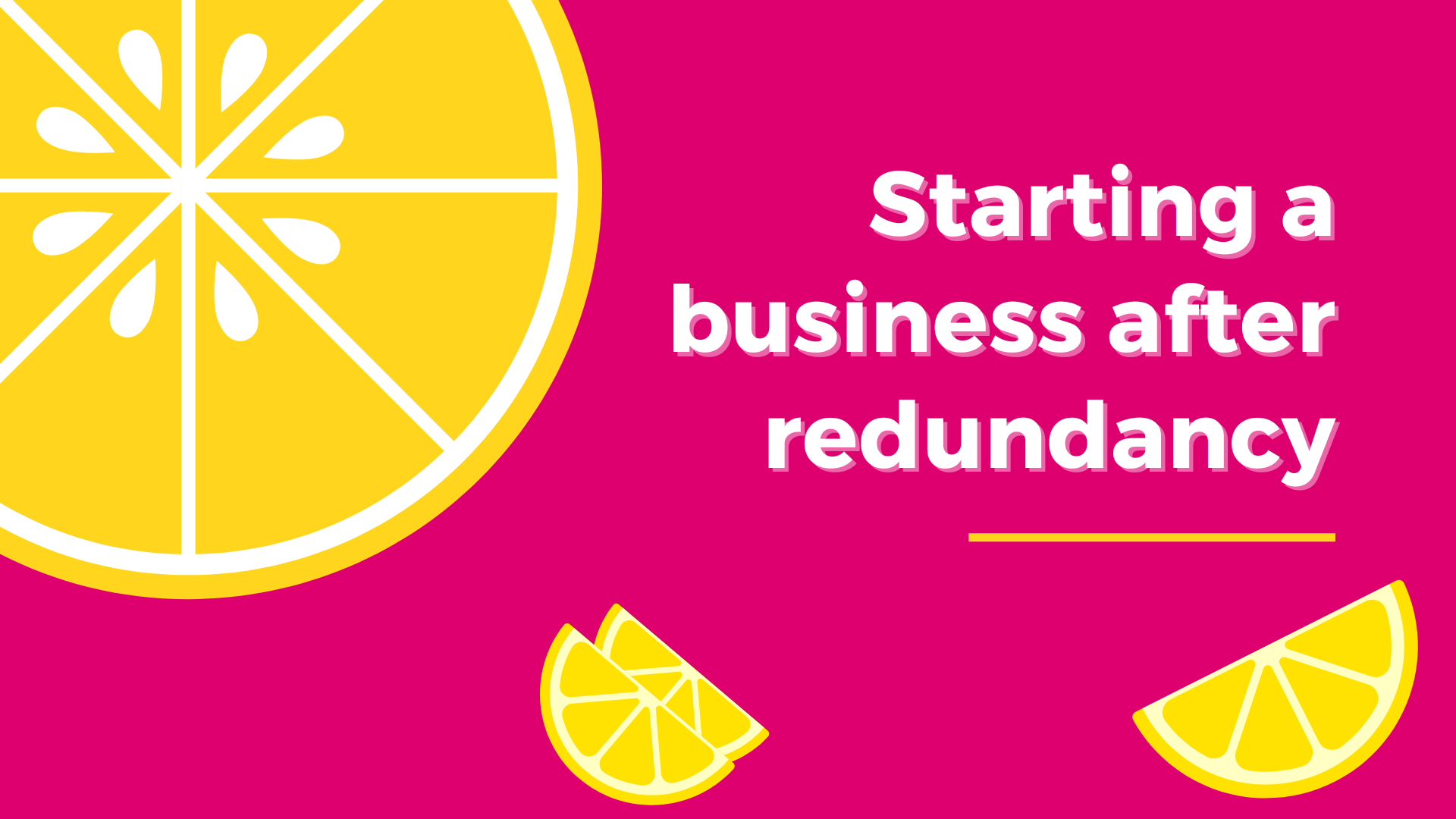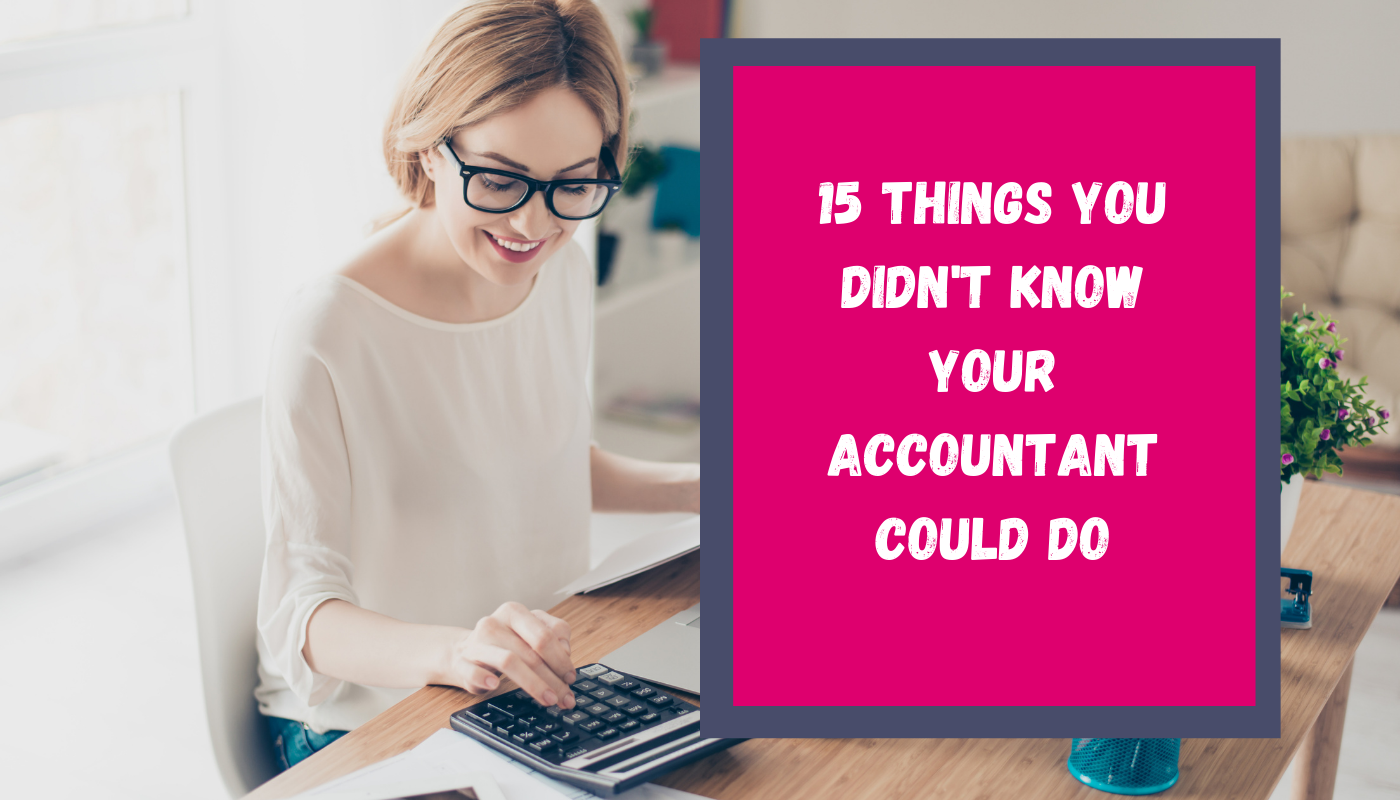Step-by-Step Guide to Starting a Business
Starting a business can be both an exciting and daunting endeavour. With the right guidance, you can navigate the process smoothly and set up your business for success. This comprehensive step-by-step guide will help you understand the essential aspects of starting a business.
1. Research Your Market
Before you invest time and money into your business idea, it’s crucial to conduct thorough market research. Understand your target market, identify your competitors, and analyse demand for your product or service. This will help you refine your business concept and develop a strategy to stand out in the market.
2. Develop a Business Plan
A solid business plan is the foundation of a successful business. It should outline your business objectives, strategies, market analysis, financial projections, and operational plan. A well-thought-out business plan not only helps you stay organised but also attracts potential investors and lenders.
3. Choose a Business Structure
Selecting the right business structure is vital as it affects your legal responsibilities, taxes, and how you can raise capital. In the UK, the most common structures are:
- Sole Trader: Simple to set up and gives you complete control, but you are personally liable for any debts.
- Partnership: Involves two or more people sharing the profits, risks, and responsibilities.
- Limited Company: A separate legal entity from its owners, offering limited liability but with more regulatory requirements.
4. Register Your Business
Once you’ve chosen your business structure, you need to register it:
- Sole Traders need to register with HM Revenue and Customs (HMRC) for self-assessment.
- Partnerships also need to register with HMRC.
- Limited Companies must register with Companies House and HMRC.
Ensure you also register for VAT if your business turnover exceeds the VAT threshold.
5. Set Up a Business Bank Account
Separating your personal and business finances is crucial for managing your accounts and simplifying tax returns. Choose a business bank account that suits your needs and offers the best benefits.
6. Understand Your Tax Obligations
Understanding your tax obligations is essential to avoid penalties and ensure compliance. As a business owner, you’ll need to manage various taxes, including:
- Income Tax (for sole traders and partnerships)
- Corporation Tax (for limited companies)
- Value Added Tax (VAT)
- National Insurance Contributions
Consider consulting with an accountant to help you manage your tax affairs efficiently.
7. Obtain Necessary Licences and Permits
Depending on your business type, you may need specific licences and permits to operate legally. Check with your local authority and the UK Government’s licence finder tool to identify the requirements for your business.
8. Set Up Your Accounting System
Efficient bookkeeping is crucial for tracking your income and expenses, managing cash flow, and preparing for tax filings. Invest in accounting software or hire an accountant to ensure your records are accurate and up-to-date.
9. Create a Strong Online Presence
In today’s digital age, having a robust online presence is vital. Develop a professional website, create social media profiles, and utilise online marketing strategies to reach your target audience. Consider investing in SEO to improve your website’s visibility on search engines.
10. Develop a Marketing Strategy
A well-planned marketing strategy helps you promote your business, attract customers, and generate sales. Identify the most effective channels for your business, such as social media, email marketing, content marketing, or traditional advertising.
11. Network and Build Relationships
Networking is an essential aspect of business growth. Attend industry events, join local business groups, and connect with other entrepreneurs to build valuable relationships. Networking can lead to new opportunities, partnerships, and support from fellow business owners.
12. Monitor and Adjust Your Business Plan
Starting a business is an ongoing process, and it’s important to regularly review and adjust your business plan. Monitor your progress, track your financial performance, and be open to making changes to adapt to market conditions and achieve your business goals.
Conclusion
Starting a business in the UK requires careful planning, research, and execution. By following this step-by-step guide, you can lay a strong foundation for your business and increase your chances of success. Remember, every business is unique, so tailor these steps to suit your specific needs and circumstances. For personalised advice and support, consider consulting with experts at 1 Accounts.










